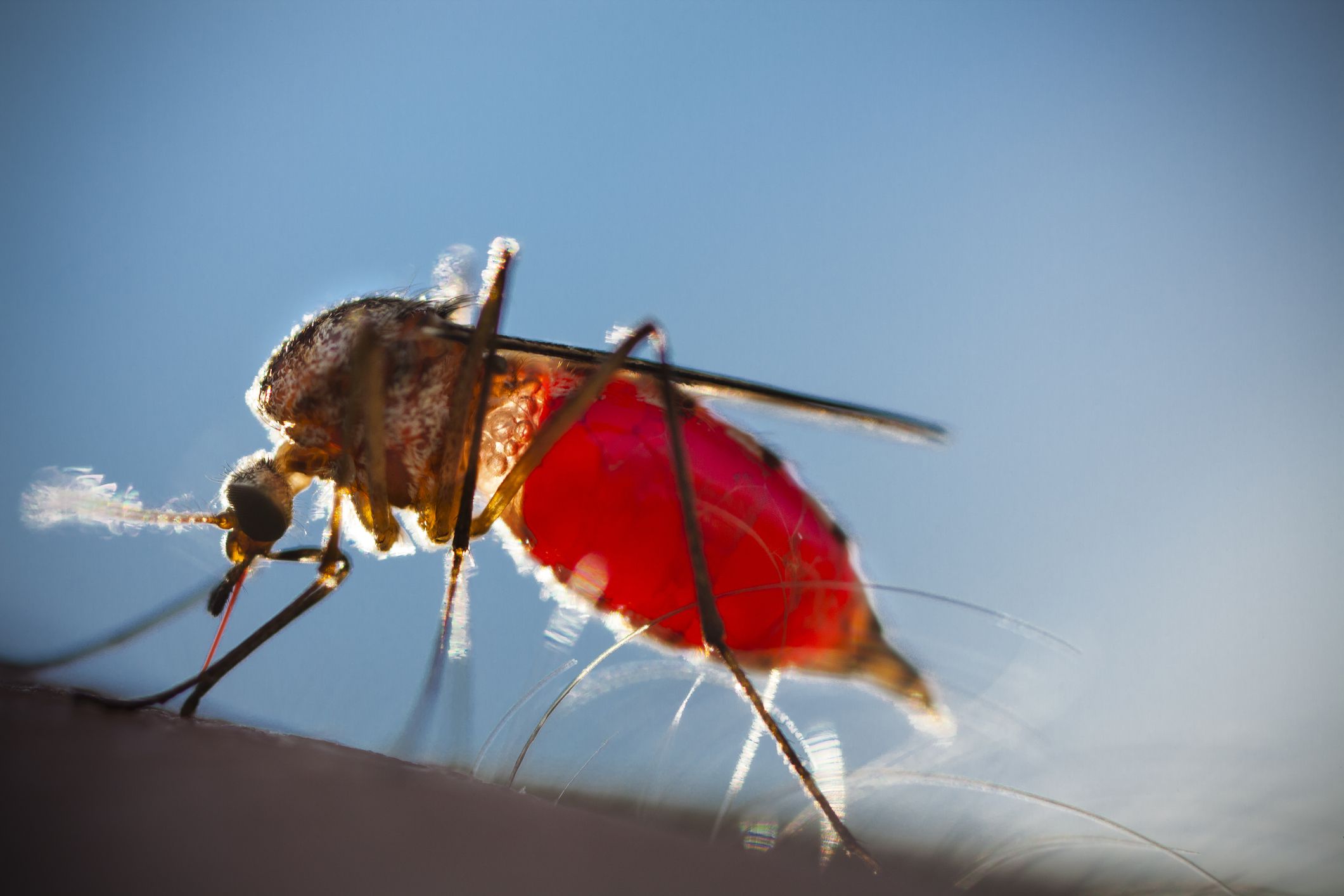As the mosquito season rapidly approaches, the number of mosquitoes and their related diseases increase rapidly as well. The warm, sticky summer air is filled with the sound of buzzing mosquitoes – and there’s no way around it, no matter how much tedious they and their bites are. However whether you are a bug-hunter or not, everyone can appreciate some relief from these bloodsuckers. But how do you get rid of them? What options are available? Will you need insect repellent? If so, what should you use? How can you plan the destruction of mosquitoes in your surroundings? Here’s everything you need to know about getting rid of mosquitoes effortlessly this summer.
Insect Repellents
The first thing that comes to mind when we think of mosquito-repelling products is DEET (diethyltoluamide). This chemical has been used in commercial insect sprays for decades, but it is only approved for external use on humans, making it very toxic if accidentally ingested. DEET contains chemicals called permethrins, which are very toxic to insects and have also shown up as an ingredient in many other popular brands of insect repellent. However, some people don’t like or even stand the smell of DEET. Others object to its possible link to cancer, making it quite infamous among the masses.
But DEET isn’t the only option out there. There are many non-toxic alternatives, including citronella oil, lemon eucalyptus oil, peppermint oil, and even essential oils. One of our best suggestions is the BugBuster spray, which contains natural ingredients such as lemongrass, rosemary, and cedarwood. It smells good, too! And if you’re sensitive to perfume and scented products, this one won’t leave any lingering scent behind.
Here are more tips for keeping mosquitoes away:
Use repellent
Repellents have become increasingly effective since they were originally developed. In fact, some experts say that you’d be better off using a repellent than trying to beat them at their own game. When repellents come into contact with the skin, they work by blocking receptors in your body that mosquitoes use to find a host. They may also repel bugs without harming them, so they aren’t harmful to you either. Many repellents will also prevent bites from spreading disease-causing viruses. Repellents containing DEET may be more effective than others, however, because they contain higher concentrations of this key ingredient.

Keep pets indoors
Your pet might not carry diseases, but they do act as a magnet for mosquitoes. Make sure that both you and your dog or cat stay inside during peak hours. If you can’t keep them inside, consider wearing long sleeves and pants while outdoors to help shield yourself from bites. Keep windows open or install screens.
If you have kids, make sure they wear long sleeves and pants, especially if they’ll be playing outside. Even if they aren’t exposed to mosquitoes, they could accidentally brush against someone who is.
Get rid of standing water
Mosquitoes lay eggs in stagnant water, so eliminating all potential breeding areas is important. Look for places where rainwater collects, such as along gutters or under porches. Clean up any puddles after a storm, and drain any pools or ponds that haven’t been cleaned up. Use an outdoor vacuum to suck up any water. You can also clean up standing water by using a hose or bucket with a strainer basket. Avoid raking leaves into piles and disposing them outdoors. Instead, rake them into a pile, let them dry, then bag them up and dispose of them properly.
Maintain gutters
Gutters collect rainwater and trap debris that would otherwise clog drains and sewers. If your gutter system is blocked, mosquitoes thrive. To clear drainage problems, pour boiling water down the catchment area of your gutter, using a large funnel or plastic container to direct the flow. Allow the water to cool before pouring it down your drain.
Install screens over doors and windows
Screens are simple, inexpensive ways to keep mosquitoes out of your home. Screening can be installed over doors and windows to block entry points for mosquitoes. For extra protection, wrap screen material around the frame of your door or window. Be sure to buy mesh that allows enough air circulation.
Consider a screened porch
If you live in a climate where mosquitoes breed year round, consider installing a screened porch. A screened porch offers great ventilation, keeps bugs out, and lets you enjoy fresh breezes throughout the day.
Cover outdoor furniture
You don’t need fancy outdoor furniture to enjoy a nice evening outdoors. Just cover up those plastic chairs or wicker tables with mosquito netting. Or consider buying lightweight, sturdy folding chairs and stools instead.
Remove plants from the yard
Plants attract mosquitoes, so remove all vegetation from your lawn and garden, including grasses, shrubs, flowers, and trees. If you want to replace these plants later on, try planting groundcovers that don’t draw as much attention to themselves.
Be careful near the shoreline
Mosquitoes aren’t just pests in the countryside. They also love the seashore; therefore, be cautious near beaches and lakes. You don’t need to avoid swimming altogether, but take precautions to protect yourself from biting insects. Wear long sleeves and pants to minimize exposure, and apply sunscreen whenever you go outside.
Don’t forget about bed nets
Bed nets aren’t just for kids. While they’re typically designed to keep babies safe from insect bites, they also provide protection for adults. Bed nets are available in different sizes and shapes, so you can choose the right fit for you. You can purchase them from health stores or online retailers.
Insecticides
A pesticide is another method of preventing mosquitoes from invading your property. These pesticides are applied directly to the soil. They kill any larvae that might be present, and they kill adult mosquitoes as well.

Here are some common pesticides:
Pyrethrin
This pesticide works by paralyzing insects’ nervous systems. Pyrethrin is commonly found in fly sprays, but it can be purchased in liquid form for use around the house.
Organophosphates
These pesticides work by disrupting the nerves of insects. These pesticides are often used in combination with pyrethrin, making them more potent than single-use insecticides.
Carbamates
Carbamate pesticides work by causing paralysis or death. Carbamates are often mixed with organophosphate pesticides to increase their effectiveness.
Dinitrophenols
These pesticides are usually applied to wood surfaces to ward off insects. They disrupt the nervous system of insects.
Synthetic pyrethroids
Synthetic pyrethroids are less toxic than carbamates, but they still cause paralysis. Pyrethroids are often used in conjunction with organophosphate pesticides.
Natural Pesticides
While most pesticides are synthetic, there are some natural pesticides that can be used to combat mosquitoes. Some examples include neem oil, chrysanthemum, hinokitiol, and pyrethrum. Neem oil is particularly effective against mosquitoes. However, many people find it unpleasant to apply. Chrysanthemum is a popular choice, thanks to its pleasant aroma. Hinokitiol is a natural insecticide that can be purchased in bulk from health food stores. Finally, pyrethrum is derived from the chrysanthemum plant, and it’s a highly effective natural pesticide.
Other Methods
There are several methods of controlling mosquitoes other than pesticides. Among them are traps and barriers. Traps are devices that lure mosquitoes from the wild into a holding container. Once trapped, they can be disposed of easily. Barriers are similar devices that are placed around your home to keep the bugs out. Insect barriers are made of flexible materials, such as mosquito netting, that keep mosquitoes out of your home. Other devices include lights that attract mosquitoes and emit light that causes them to flee.
For more information on how to get rid of mosquitoes, check out our article on how to get rid of mosquitos or visit https://www.pest-control.bg/services/pruskane-protiv-komari/





